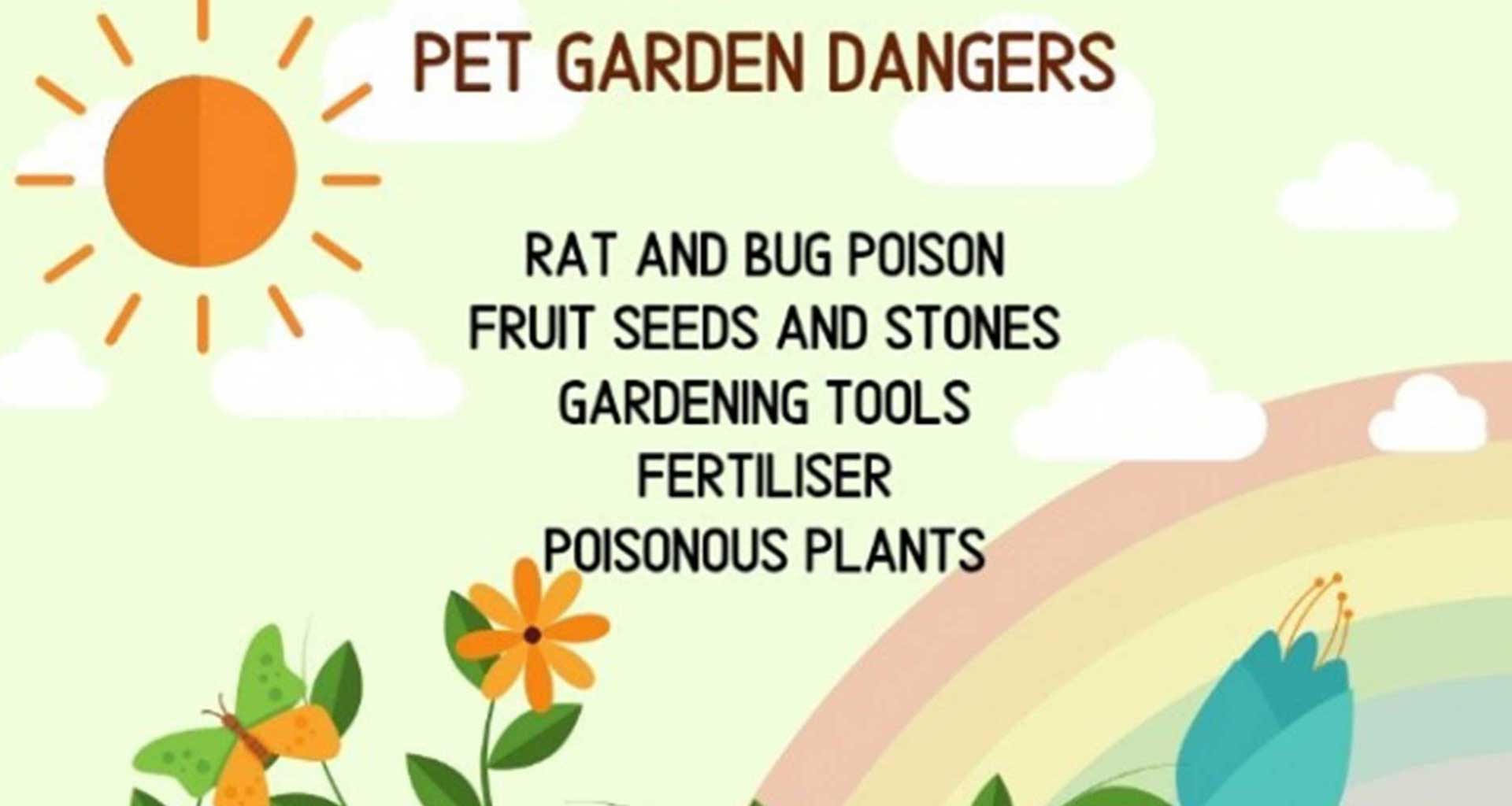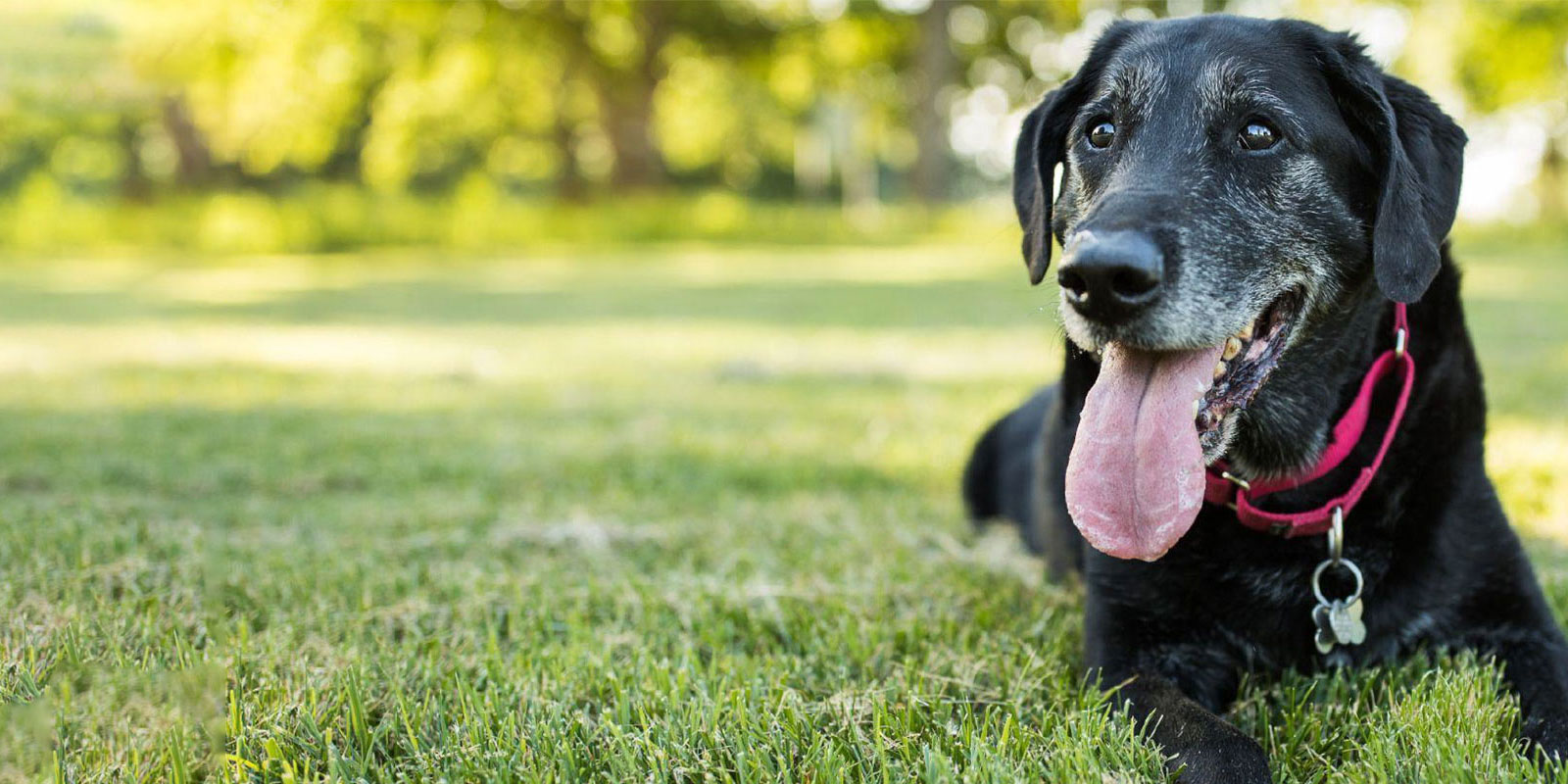When the sun comes out, so do the gardening tools and gloves. As many pet parents will know, some dogs and cats like to follow you and help out as you tinker around in the garden, or even laze around next to you while you work at the vegie patch. While gardening in the sun with your pet makes for a great day, there are many hazards for your pet in the garden that pet parents should be mindful of.
Poisonous Plants
There are many plants that can be toxic to your pet if they are ingested. Some common plants that you should avoid around your pet are:
- Lilies
- Aloe Vera
- Daffodils
- Carnations
- Baby’s breath
- Hydrangeas
- Bird of Paradise
- Nightshade
- Tulips
For an extensive list, please click here.
Rat and insect poison
Warmer weather brings the bugs out in force. Using poison to get rid of bugs or rodents poses a big threat to your pets. There are multiple chemicals in these types of poison that if ingested by your pet, can lead to neurological and other symptoms.
While some brands of poisons and insecticides claim to be pet friendly, it is best to cautious if you have any pets in the house. If you suspect your pet has ingested anything you believe may be a toxin please contact your veterinarian immediately.
Fruit seeds and stones
While your fruit trees may begin to bear their seasonal fruit, it is important to remember that as fruit falls to the ground, your pets may have easy access to these fruits. The inedible parts of fruits, such as stems and pips can cause problems for your pet if they decide to investigate and eat them.
Some pips can damage the oesophagus and cause your pet pain. If the pip makes it beyond the stomach, depending on the size, it may cause an obstruction that could potentially lead to vomiting, diarrhoea and abdominal pain.
Fruits with hard stones can also cause painful tooth fracture if your pet bites into it. Fruits to be aware of are:
- Apples
- Avocados
- Grapes
- Nectarines
- Apricots
- Cherries
- Peaches
Gardening tools
Leaving your tools out overnight, or even when you pop back inside for lunch, can post a risk to the safety of your pet. Gardening tools can be sharp and pronged making it easy for a pet to injure themselves. Even if tools are packed away, make sure they are put in a safe place that is locked and secure from your curious pet.
Plant and lawn fertiliser
Fertiliser products contain additives that may be toxic for your pet. Because there are a variety of fertilisers with different combinations of ingredients, the symptoms of ingestion may differ. In general, symptoms may include vomiting, diarrhoea, excessive salivating, lethargy and abdominal pain. Ensure you keep your pet inside while you are working with fertiliser in the garden and that the garden area is secured after application.
If you notice any of the symptoms mentioned in this article in your pet, or suspect that they have ingested something toxic to them, make sure you contact us immediately.


